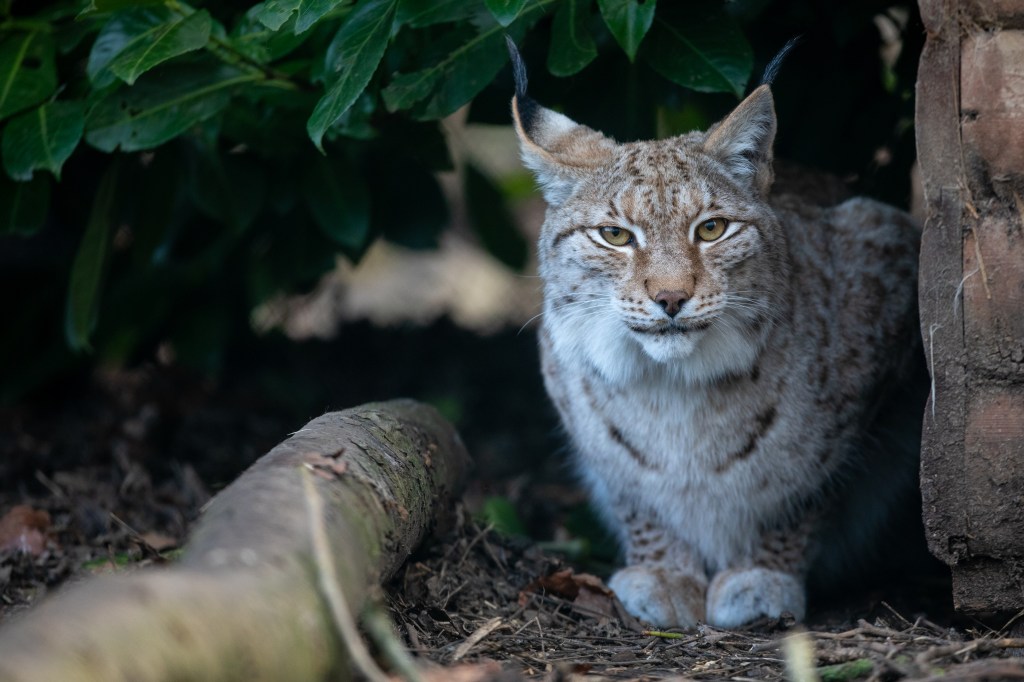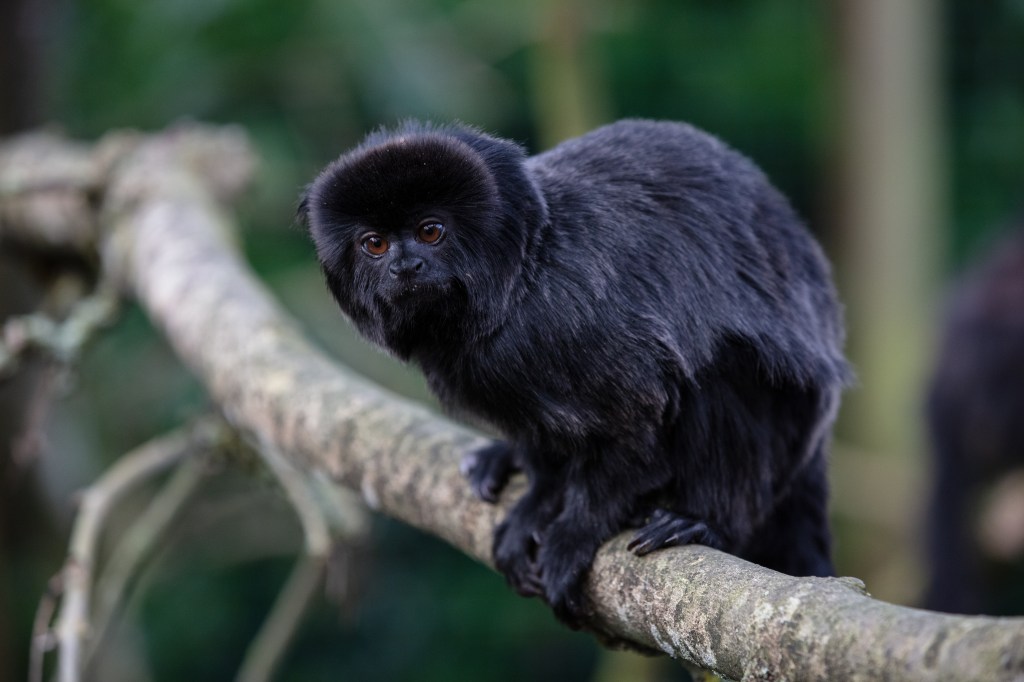

Popular Searches

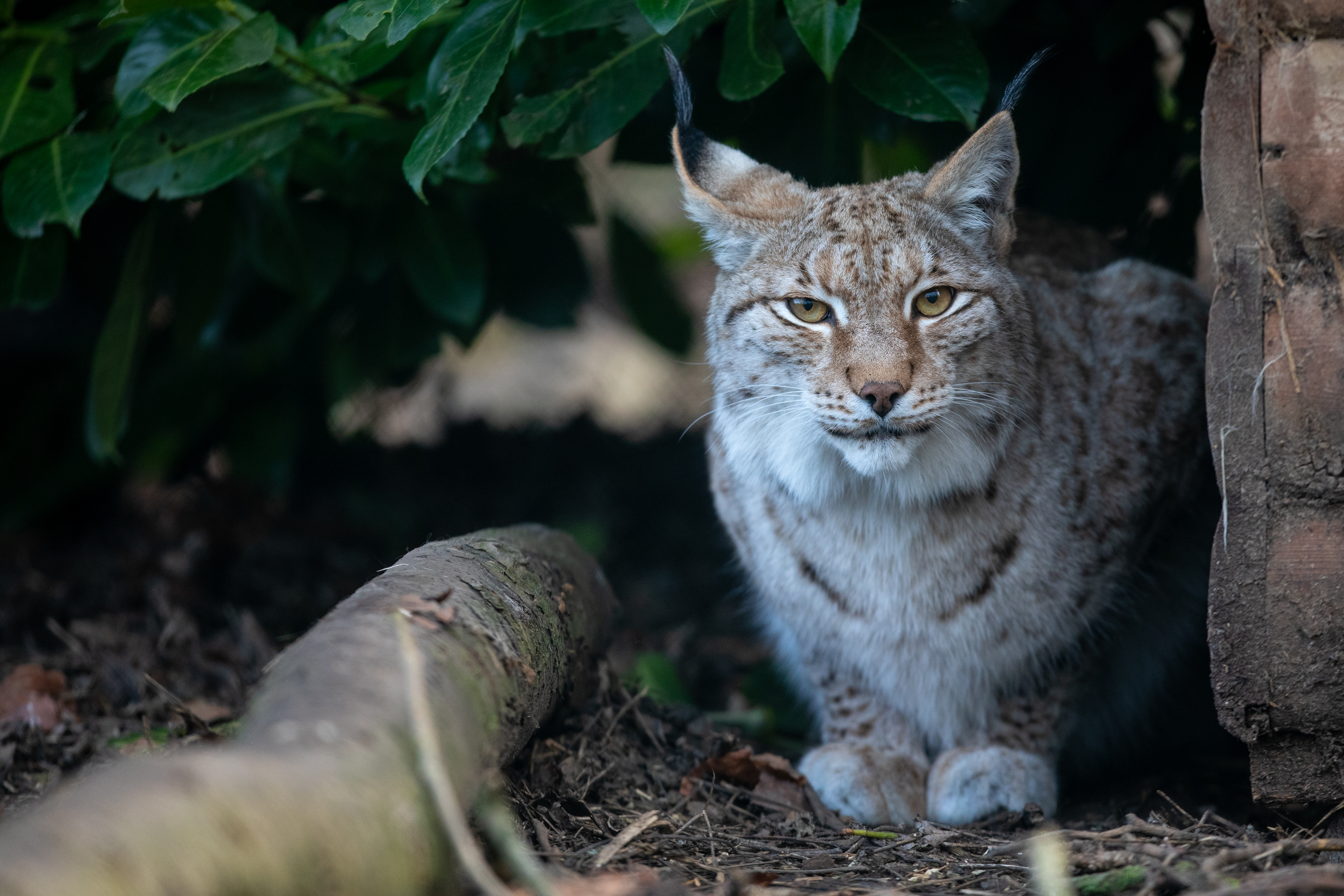
Zoo news – January 2024
It’s time to kick off the year with a new edition of Emerald Park zoo news! This month, we started upgrades on an animal habitat, had a specialist veterinary visit, and unfortunately, lost an animal who has been a resident in our zoo since our 2010 opening.
New lynx climbing frame
Our zookeepers and maintenance crew have been working very hard to prepare and construct a new climbing frame for the lynxes in our zoo, which will be ready next month. It includes additional shelter for them, so they can watch our guests from a height where they feel safe. Be sure to keep an eye out for an update in our February issue of zoo news and come to see them elegantly climbing when we reopen our doors in March!
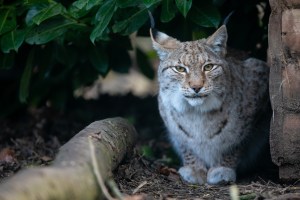
Specialist veterinary consultant visit
As part of our animal welfare program, Emerald Park often consults with different specialists that are very experienced in areas of the animals’ quality of life. We had a very successful visit at the end of January when a Specialist Veterinary Consultant observed all our animals in detail and their progression throughout the past number of years. The visit was very insightful and the Emerald Park Zoo was commended for our attention to detail when it comes to animal welfare. As experts in their field, they took a closer look at all the big cats and birds, and made sure that they were getting the best possible care at all levels.
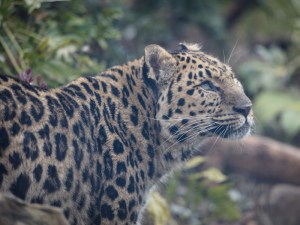
📸 Emma B
All-Ireland Pollinator Plan
As a business supporter, we make an annual commitment to enhance our biodiversity-accountability. This involves conducting extensive pollinator surveys and fostering the growth of natural biodiversity within our expanding park.
Did you know that you, too, can actively participate in citizen science? The National Biodiversity Data Centre (NBDC) offers an accessible online portal where you can document various species observed in your local area. Operating under the Heritage Council Programme, “Documenting Ireland’s Wildlife” (https://biodiversityireland.ie), this initiative invites you to engage with nature.
Did you keep a keen eye out for winter bumblebees last month? Although January tends to be a quieter month for sightings, recent years have shown the Buff-tailed bumblebee (Bombus terrestrial), actively foraging during these colder months. By contributing with your observations, you play a crucial role in helping the NBDC understand and study the life cycle of these bumblebees.
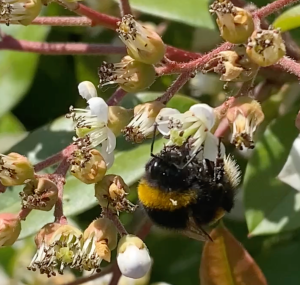
📸 Antonia C
A sad goodbye to Meeka, the raccoon
January started off on a sad note for our keepers, as this month we unfortunately lost raccoon Meeka, who had been in Emerald Park since we opened in November 2010. Meeka had arrived as a young adult, and these animals usually live to around ten to fifteen years in captivity, with very few reaching twenty. The zookeepers noticed Meeka was acting off form. Although raccoons spend more time resting, sleeping, and having a reduced appetite during certain parts of the year, Meeka was showing some worrying symptoms. The vets were called in to do a health check on him and he had several tests done, including blood analysis and an ultrasound.
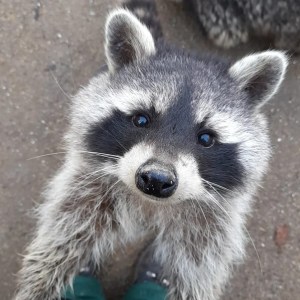
📸 Rebecca T
Unfortunately, the results from the ultrasound showed a mass on Meeka’s liver, not uncommon for a raccoon his age. The Zoo Team and our vets made a very difficult decision to euthanise Meeka due to his poor prognosis. After that, the zookeepers have kept a close eye on his enclosure mates to make sure his loss did not affect the group, in particular Raven, who had lived alongside Meeka for over 13 years. After several weeks of observation, the zookeepers have observed that Raven is closer to the other females now and they get along very well.
All three of our raccoons are starting to be more active as the weather is improving, which is something regular of their species. Raccoons are classified as “Least Concern” by the IUCN, and they are considered an invasive species since they are originally from North America and now they are widespread due to pet trade. The raccoons we house at Emerald Park have been rescued and they are not going to be bred for these reasons. Even thought they look very cute, raccoons do not make good pets as they have many complicated requirements that cannot be offered in a house. They are also nocturnal so they would keep you up all night! Emerald Park discourages having this animal at home, but you are more that welcome to come see them here and see what they are up to!
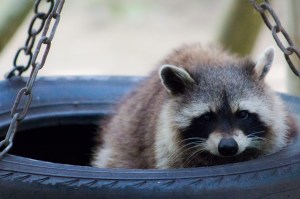
📸 Emma B
Thanks for reading. Check back next month for more zoo updates!
The Emerald Park Zoo Team



